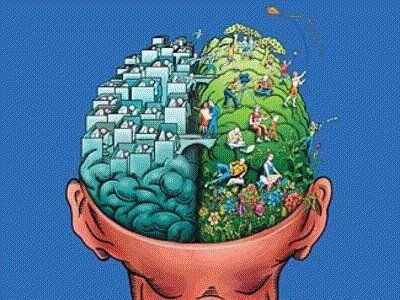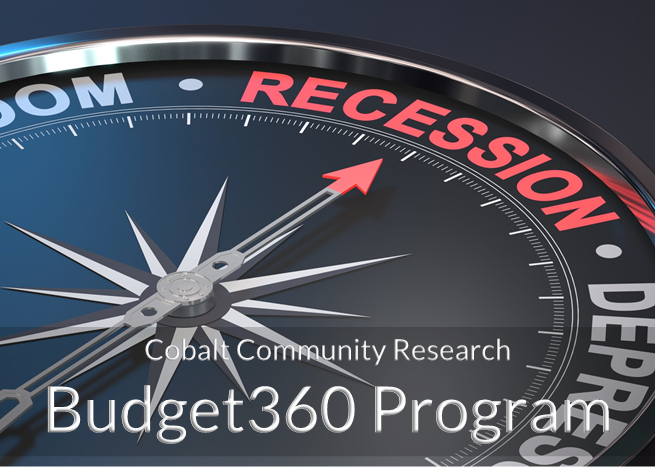
How to Think Through Your Workplace Hang-ups
|
As you head into work for the day, your thoughts start running through what you are going to be working on. A mountain of paperwork that needs to be dealt with. Tasks need to be done.
There might be a project that does not sit right in your mind. You might be unhappy with the way a committee leans towards one decision or another. You might not agree with the policy being proposed. Whatever the issue might be, something that does not fit comfortably in your mind. This looming feeling exists as cognitive dissonance. Dissonance occurs in everyday life but can really impact your thoughts for the day if not addressed. Below are some tips and tricks to help understand your cognitive dissonance and how to work through all the fog and frustration it can cause. Now you may be thinking what the heck happens during cognitive dissonance. Well according to Festinger’s theory on human balance, cognitive dissonance suggests that humans crave cognitive consistency within their own mind. When that balance becomes interrupted, we all possess an innate drive that will alter our attitudes, behavior, or beliefs to regain harmony so that we may become “rebalanced.” Cognitive dissonance has positives and negatives. The negative side causes unbalance; this can lead to things like self-esteem issues and lower self-worth. People want to feel balanced in their lives. The positive effects include a drive toward self-growth. Think of all the life lessons you have grown from - they are all because of cognitive dissonance. There are ways to aid working through the stickiness of cognitive dissonance. The next time you feel yourself seemingly trapped, try to remember these tips.
Cognitive Dissonance exists in life because of necessity. Cognitive dissonance plays as a check and balance system for self-growth, self-esteem, and interactions with conflicting viewpoints. While one cannot overcome cognitive dissonance completely, working to shape and understand the situation will allow you better outcomes in any tensioned situation you are a part of. Additional Material Amazon Book link: Mistakes Were Made but Not by Me: Why We Justify Foolish Beliefs, Bad Decisions, and Hurtful Acts by Carol Tavris https://www.amazon.com/Mistakes-Were-Made-but-Third/dp/0358329612/ref=sr_1_3?dchild=1&keywords=cognitive+dissonance+book&qid=1612281292&sr=8-3 |
Further reading
|
For more information on how Cobalt can help you adapt and thrive in the changing demographic, economic and social environment, visit the Cobalt website or reach out to us by email. Let us know if you need anything at all for benchmarking or research data; we are here for you.
Cobalt Community Research is a national 501c3 nonprofit, non-partisan coalition that helps local governments, schools and membership organizations measure, benchmark, and affordably engage communities through high-quality metrics, mobile geofencing data, surveys, and dynamic population segmentation. Cobalt combines big data with local insights to help organizations thrive as changes emerge in the economic, demographic and social landscape. Explore how we can help by calling 877.888.0209, or by emailing [email protected].
Cobalt Community Research is a national 501c3 nonprofit, non-partisan coalition that helps local governments, schools and membership organizations measure, benchmark, and affordably engage communities through high-quality metrics, mobile geofencing data, surveys, and dynamic population segmentation. Cobalt combines big data with local insights to help organizations thrive as changes emerge in the economic, demographic and social landscape. Explore how we can help by calling 877.888.0209, or by emailing [email protected].





